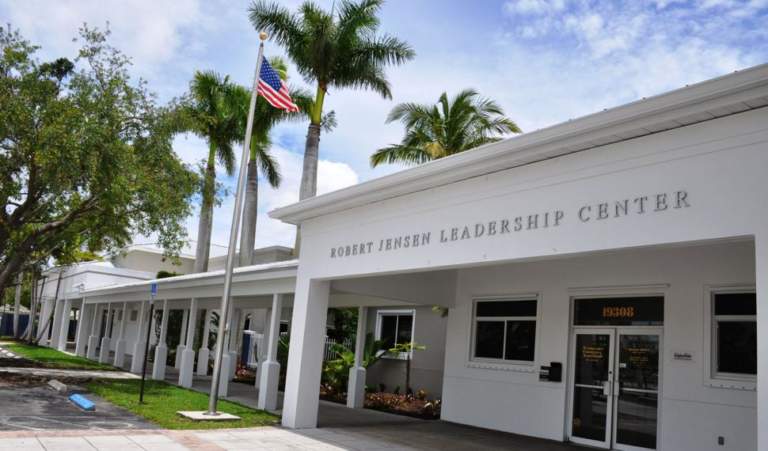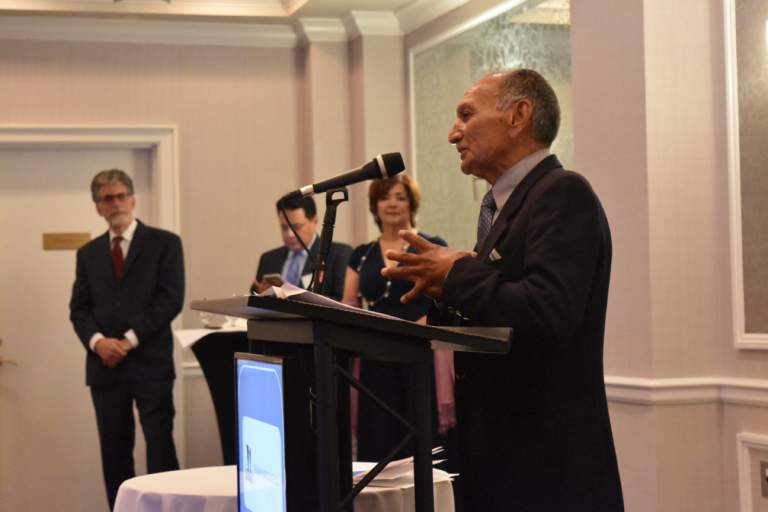Workers’ Rights
Political talk suggests it’s not a question of ‘if’ we fix our broken immigration laws, but a question of ‘when.’ Immigration reform for those who toil in our nation’s fields just might be among the changes most near. But as political forces gather, I’m sad to say too little attention is paid to one unpleasant reason ‘why.’ Economics.
Farm fields are one place this nation’s newest arrivals have gathered to perform backbreaking work for generations. The nationalities have changed over the past 100 years – Chinese, Filipinos, Jamaicans, Puerto Ricans, Mexicans — but the relentless refrain from organized agriculture isn’t new: workers are paid too much, import more.
Paid too much? Well, not so much that long lines form at packinghouse loading docks or alongside fields ripe for harvest. Paid too much. But all are quick to agree American (read ‘anglo’) workers can’t be found}. The sun’s too hot, the hours irregular and so-called unskilled work requires just too many darn hard-to-find skills. Too little labor… maybe if someone just paid a lot more?
It sometimes makes you wonder on what economics textbook some growers were schooled that suggested prices in a free market shouldn’t rise in the face of scarcity? Surely, it wasn’t the same book read by a grower who hopes upon hope the price of his box of produce might just triple if weather or disease disrupts his competitors. Scare product is worth more, but why not workers’ hard-to-find labor.
The current H2a program grants agricultural visas, but requires growers to pay a higher wage rate to import workers. Well, not too high — just $9.97 an hour. It’s set up to make local workers in the United States more attractive to hire. Most Americans probably think that makes sense – that someone from elsewhere shouldn’t take his or her job because the boss wants to pay someone else less. I bet most out-of-work Americans think they should get hired first even at the higher wage.
But not the Chamber of Commerce and some powerful grower lobbies. They’ve argued employers should get to import foreign workers to work farm fields in places like Florida at wages even lower, that’s right, lower, than what current farm workers make. If not, from time to time they threaten to stop needed immigration changes in agriculture — ironically changes benefitting their current employees. Their reasoning is ineffectual (though their political clout is not). “We’re not competing against the farms in our nation. We are competing against farms all around the world.”
In this day and age, aren’t we all? Last time I checked Ford competed against Toyota and upstart Indian automakers as well. Let’s just import autoworkers at less than $10 an hour for those jobs as well. By the way, while we’re at it, let’s not bother with overtime wages, social security or worker’s compensation. That’s how some grower groups like their labor.
— Steven Kirk






